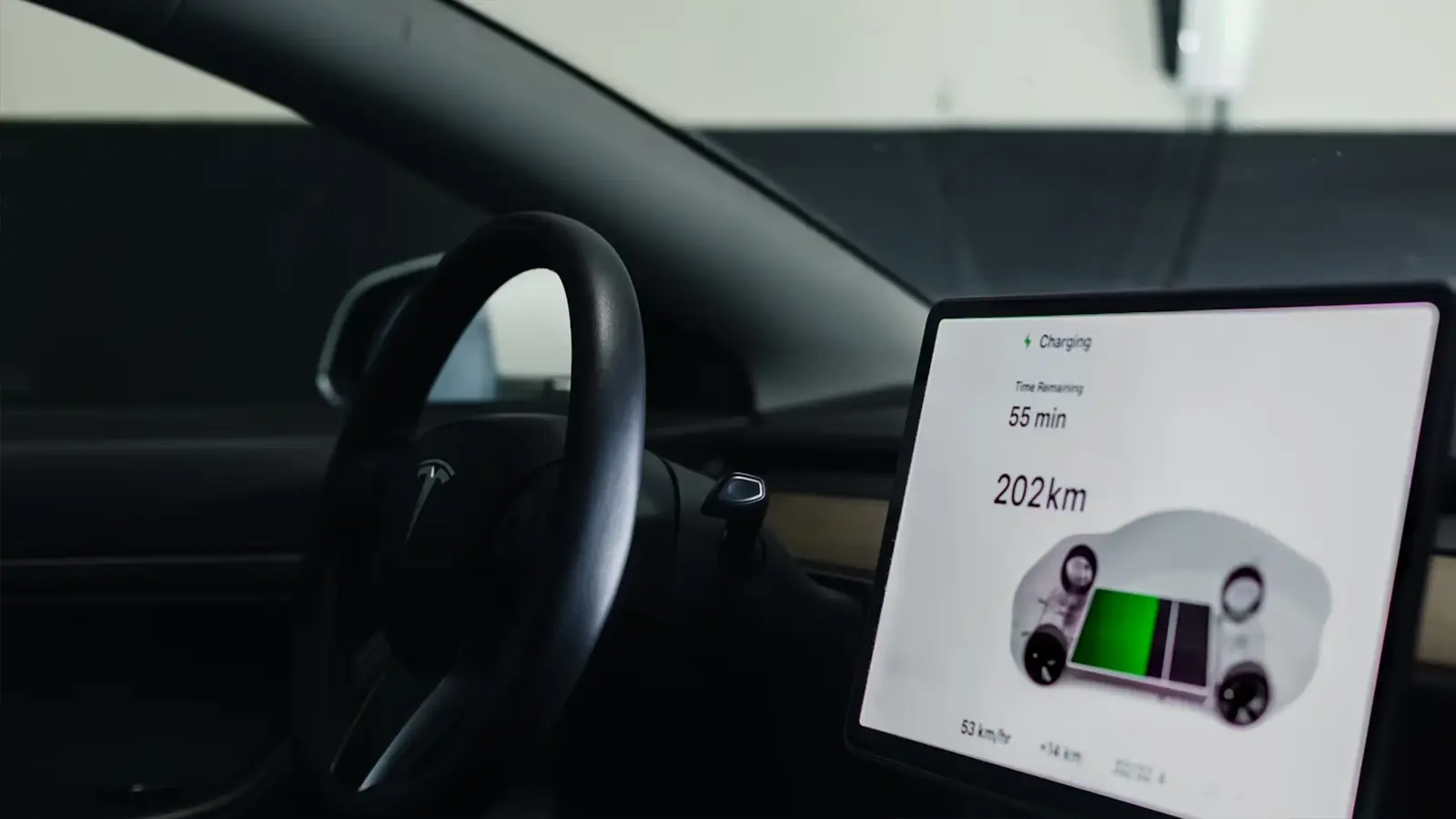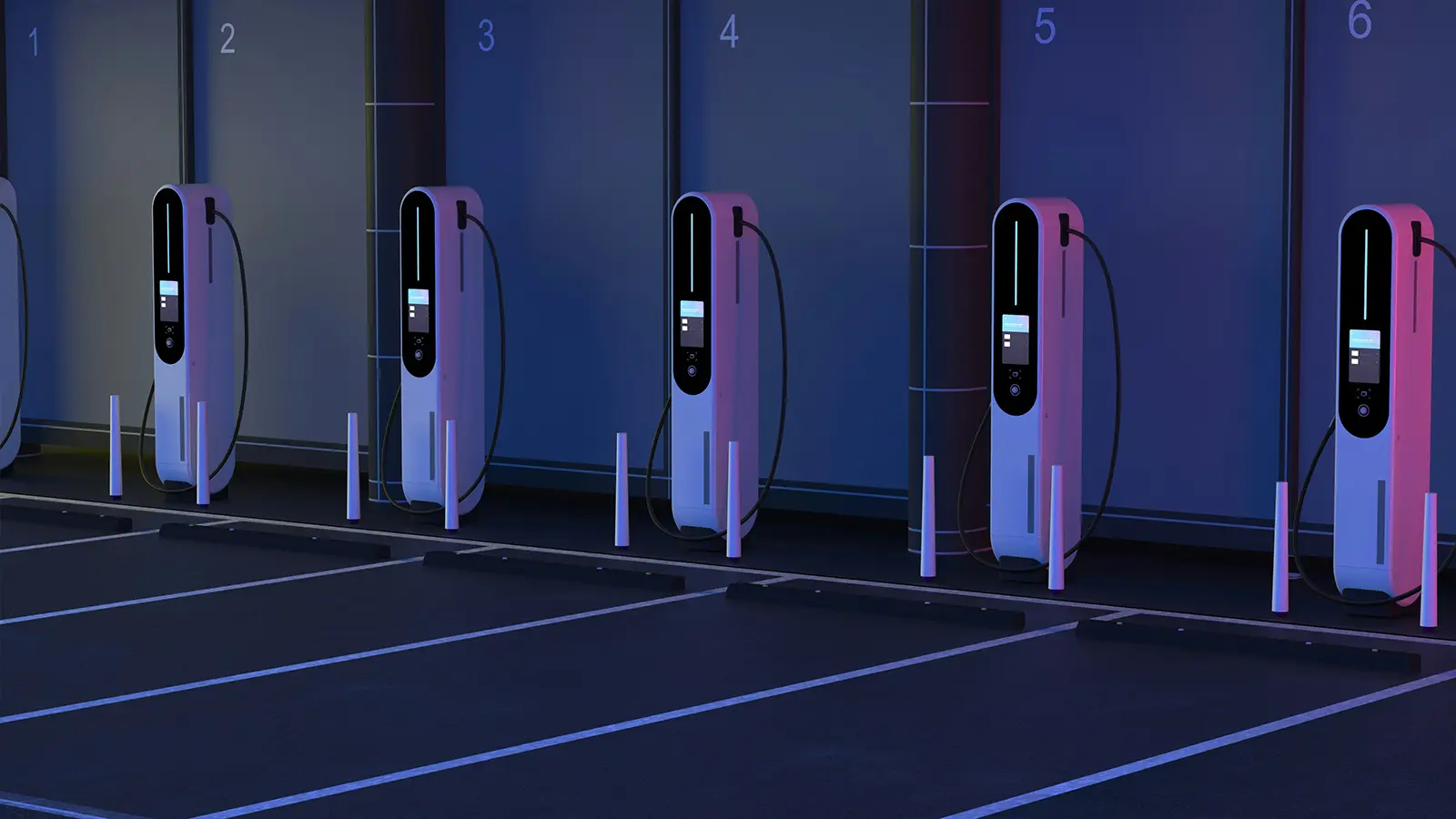When EV Batteries Age
One of the most common questions among EV buyers is whether the battery will degrade over time, and how that affects range. While all lithium-ion batteries slowly lose capacity with age and use, modern electric vehicles are designed to retain most of their range for many years.
This guide explains why range diminishes over time, what factors influence degradation, and how much loss you can expect as your EV gets older.
Do EV Batteries Lose Capacity?
Yes, but slowly. Lithium-ion batteries used in EVs lose a small amount of capacity each year. This gradual reduction in usable energy storage is called battery degradation.
It’s a natural result of the chemical processes inside the battery, and it happens whether the car is driven daily or sits idle.
The good news: most EVs retain 70 to 90 percent of their original range after 8 to 10 years.
How Much Range Loss Is Typical?
Most studies and real-world fleet data suggest the following:
- After 1 year: Less than 2% capacity loss
- After 5 years: Around 5 to 10% loss
- After 8 to 10 years: 10 to 20% loss is common, depending on climate and usage
For example, a vehicle with 300 miles of range when new may still offer 240 to 270 miles of range after 10 years of typical use.
What Causes Batteries to Degrade?
Several factors influence how quickly an EV battery loses range:
1. Time
All lithium-ion batteries degrade slowly over time, even if not used regularly.
2. High Temperatures
Heat accelerates chemical aging. EVs used in hot climates (like Arizona or Texas) tend to lose capacity faster than those in cooler environments.
3. Charging Habits
Frequent use of DC fast charging can speed up degradation compared to Level 2 charging at home.
4. Keeping Battery Too Full or Too Empty
Charging to 100% or letting your battery regularly drop near 0% can stress the cells. Most EVs offer settings to avoid this.
5. Driving Habits
Aggressive driving and towing can increase load and heat, which may contribute to faster battery aging.
How Manufacturers Limit Degradation
Today’s EVs are equipped with technologies that help slow down battery aging:
- Thermal Management Systems: Actively cool or warm the battery to keep it in the optimal range
- Battery Management Systems (BMS): Monitor charge levels, prevent overcharging, and maintain cell balance
- Buffer Zones: Most EVs don’t let you use 100% of the battery, protecting the top and bottom ends to reduce stress
How to Check Your EV’s Battery Health
1. Dashboard Range Estimates
Keep an eye on your vehicle’s estimated range after a full charge. A steady drop over months or years can indicate degradation.
2. Vehicle Telematics or Apps
Some automakers provide battery health reports via connected apps.
3. Third-Party Tools
Apps like Recurrent and LeafSpy offer more detailed insights, especially for used EV buyers.
Should You Be Worried?
In most cases, no. Batteries are designed to last the life of the vehicle. Even after a decade of use, most EVs remain highly practical.
Plus, many manufacturers offer 8-year/100,000-mile battery warranties to provide added peace of mind.
Final Thoughts
Battery degradation is real, but rarely dramatic. With good charging habits and proper care, your EV will likely retain most of its original range for many years. Manufacturers are building smarter, more durable batteries every year, and tools to track battery health are improving, too.
Ready to Go Deeper?
Continue exploring EV Range fundamentals:
← Go Back: How to Maximize Your EV Range: Tips for Everyday Driving
Discover Next: How Charging Access Affects Your Real-World Range →












